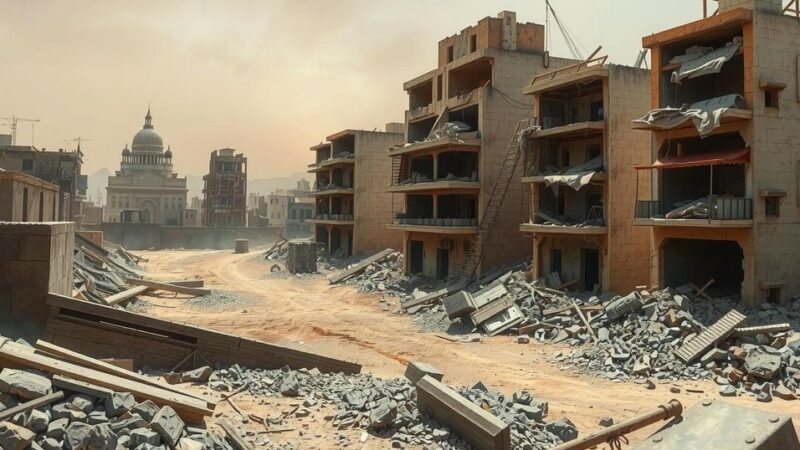Musa Al-Koni of the Presidential Council stated that enhancing the governance system is essential in reducing corruption in Libya. He highlighted the division between the eastern and western regions, stressing that a better governance approach could relieve the capital from overwhelming political pressures. The ongoing political strife is underscored by the presence of a divided parliament and multiple governments and armies.
Musa Al-Koni, a Member of the Presidential Council, emphasized the vital role of the governance system in mitigating financial and administrative corruption while also reinforcing the central government’s sovereign function. In a recent dialogue session, he pointed out that Libya has effectively been split into two regions, the east and west, overshadowing the significance of the Fezzan region. Al-Koni noted that implementing a robust governance system could alleviate the burdens faced by the capital, which is currently overwhelmed by the political turmoil and struggles for power.
During the session, participants engaged in discussions regarding Libya’s ongoing challenges at multiple levels, particularly focusing on the ramifications of the persistent division within the country. The existence of a fragmented parliament, alongside two competing governments and military forces, exacerbates the situation, as each entity operates separately and does not exert control over the entire Libyan territory.
In conclusion, Musa Al-Koni’s statements highlight the critical importance of an effective governance system in Libya as a means to combat corruption and enhance government functionality. The current divisions within the country underline the urgency for reform. By addressing these issues, there is potential for significant improvement in the political landscape and a unifying direction for the nation’s future.
Original Source: libyaobserver.ly






